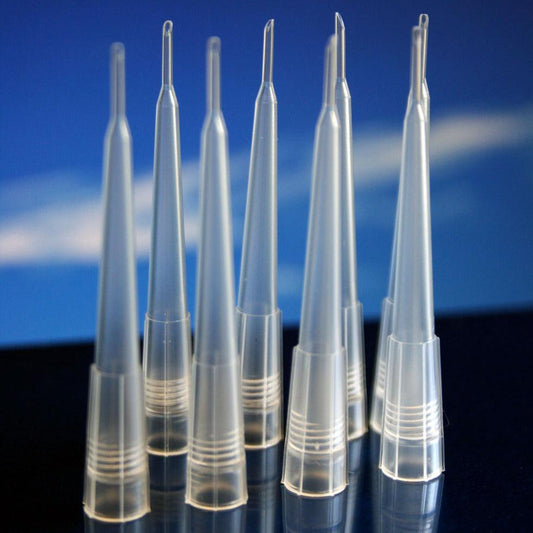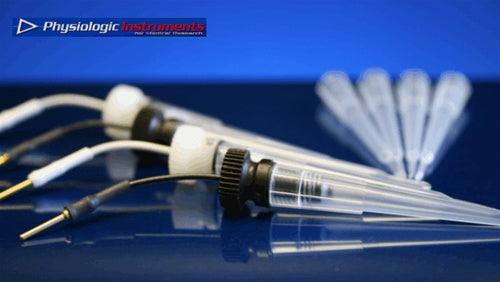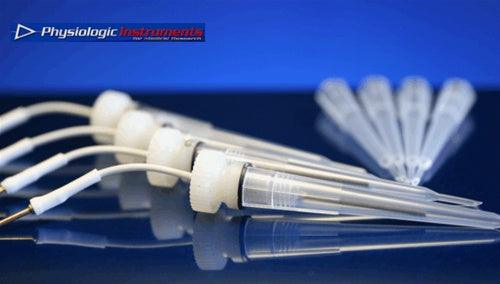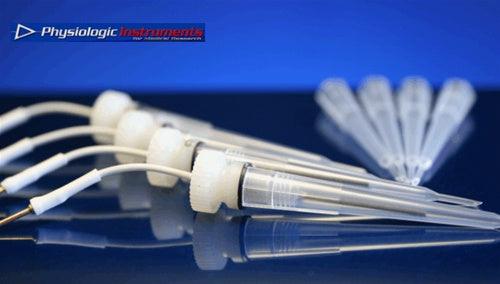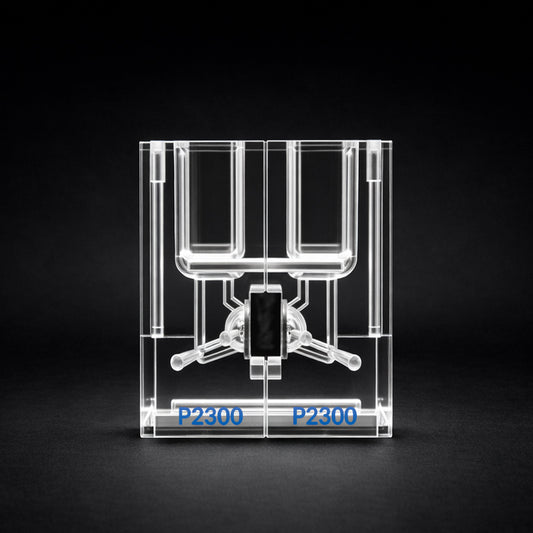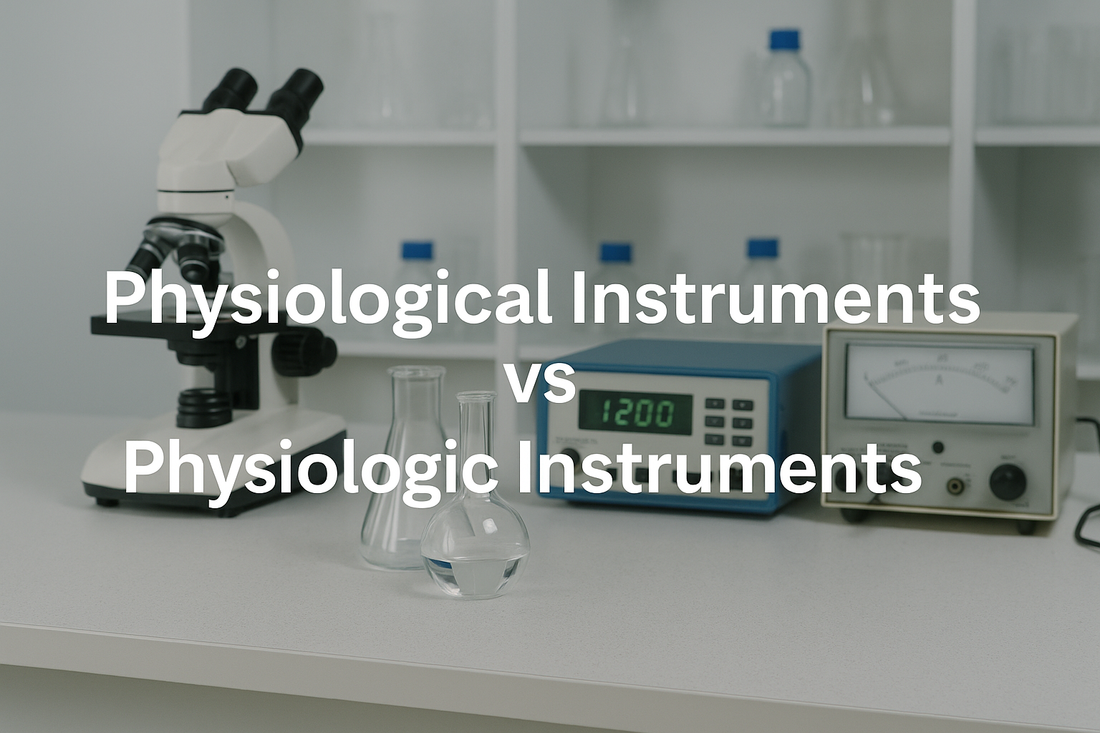When scientists study how living systems work, they rely on specialized tools called physiological instruments. These devices allow researchers to measure, control, and analyze biological processes in real time — from monitoring heart function to studying ion transport in epithelial tissues.
But while “physiological instruments” is a broad term used across many areas of science and medicine, Physiologic Instruments is a recognized leader in a very specialized field: precision tools for epithelial transport and barrier function research.
What Are Physiological Instruments?
In its broadest sense, a physiological instrument is any piece of laboratory equipment designed to measure or simulate biological processes. These tools can be found in medical clinics, research universities, and pharmaceutical labs worldwide.
Common categories include:
-
Cardiovascular monitoring devices – ECG machines, blood pressure systems
-
Respiratory function analyzers – spirometers, gas exchange systems
-
Neurological measurement tools – EEG systems, nerve conduction testers
-
Tissue and cellular analysis equipment – perfusion chambers, impedance measurement devices
These instruments provide the data researchers need to better understand health, disease, and potential treatments.
A Niche Within the Field — Ion Transport and Barrier Function
Within the wide spectrum of physiological instruments, some are designed for a very specific purpose: studying how ions and molecules pass through epithelial tissues. This research is critical for understanding diseases like:
-
Cystic Fibrosis – where chloride ion transport is impaired due to CFTR protein mutations
-
Inflammatory Bowel Disease (IBD) – linked to barrier dysfunction in the intestinal lining
-
Chronic respiratory diseases – where airway ion balance affects mucus clearance
These studies require instruments that can mount living tissue, control environmental conditions, and measure tiny electrical changes across cell layers with high precision.
Why Physiologic Instruments Leads the Field
Physiologic Instruments has specialized in designing and manufacturing research tools for epithelial transport and barrier function studies for over three decades. Our products are used in leading laboratories and universities worldwide.
Our Core Systems Include:
-
Ussing Chamber Systems – The gold standard for measuring transepithelial electrical parameters such as short-circuit current (Isc) and transepithelial resistance (TER)
-
Voltage-Current Clamps – Precision control of electrical conditions in tissue experiments
-
Perfusion and Gas Exchange Systems – Maintain tissue viability with controlled fluid flow and oxygenation
-
Temperature Controllers – Keep samples at exact experimental temperatures for reproducibility
Commitment to Research Excellence
At Physiologic Instruments, our focus is on accuracy, durability, and scientific support. Each system is designed by scientists for scientists, ensuring:
-
Reliable data — precision-engineered components and calibration
-
Flexibility — modular systems to match your specific protocol
-
Support — direct access to technical experts who understand your research
Our equipment has been cited in hundreds of peer-reviewed publications, underscoring our role as a trusted partner in advancing biomedical science.
Conclusion
While the term “physiological instruments” applies to many types of research equipment, Physiologic Instruments stands out for its focus on the specialized field of epithelial transport and barrier function analysis. Our Ussing Chamber Systems and supporting tools have become the benchmark for researchers worldwide.

